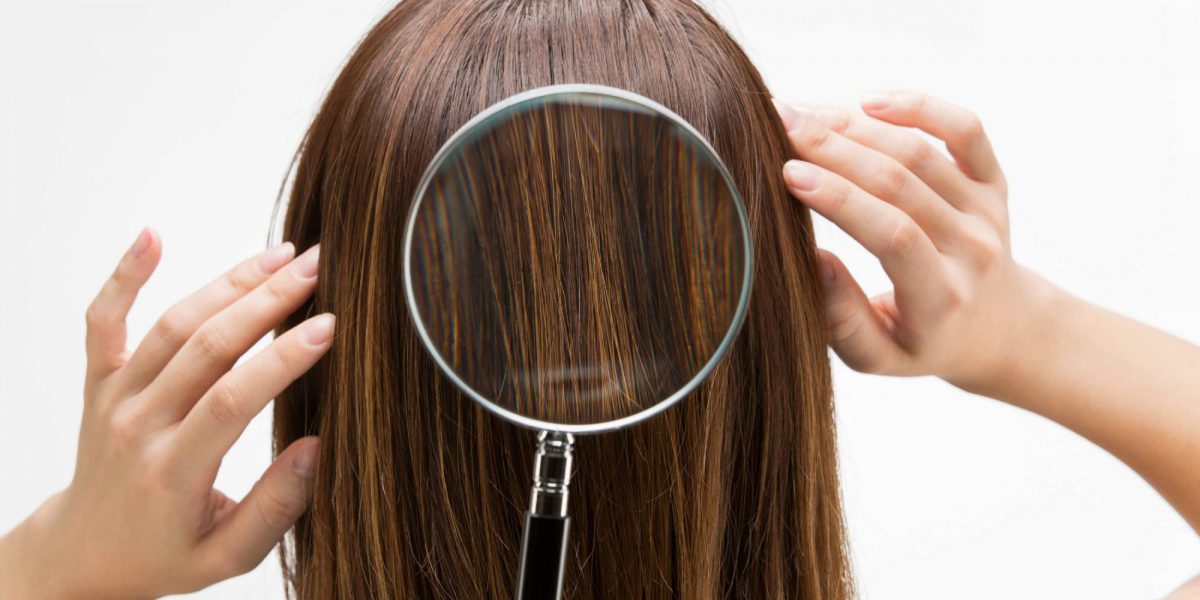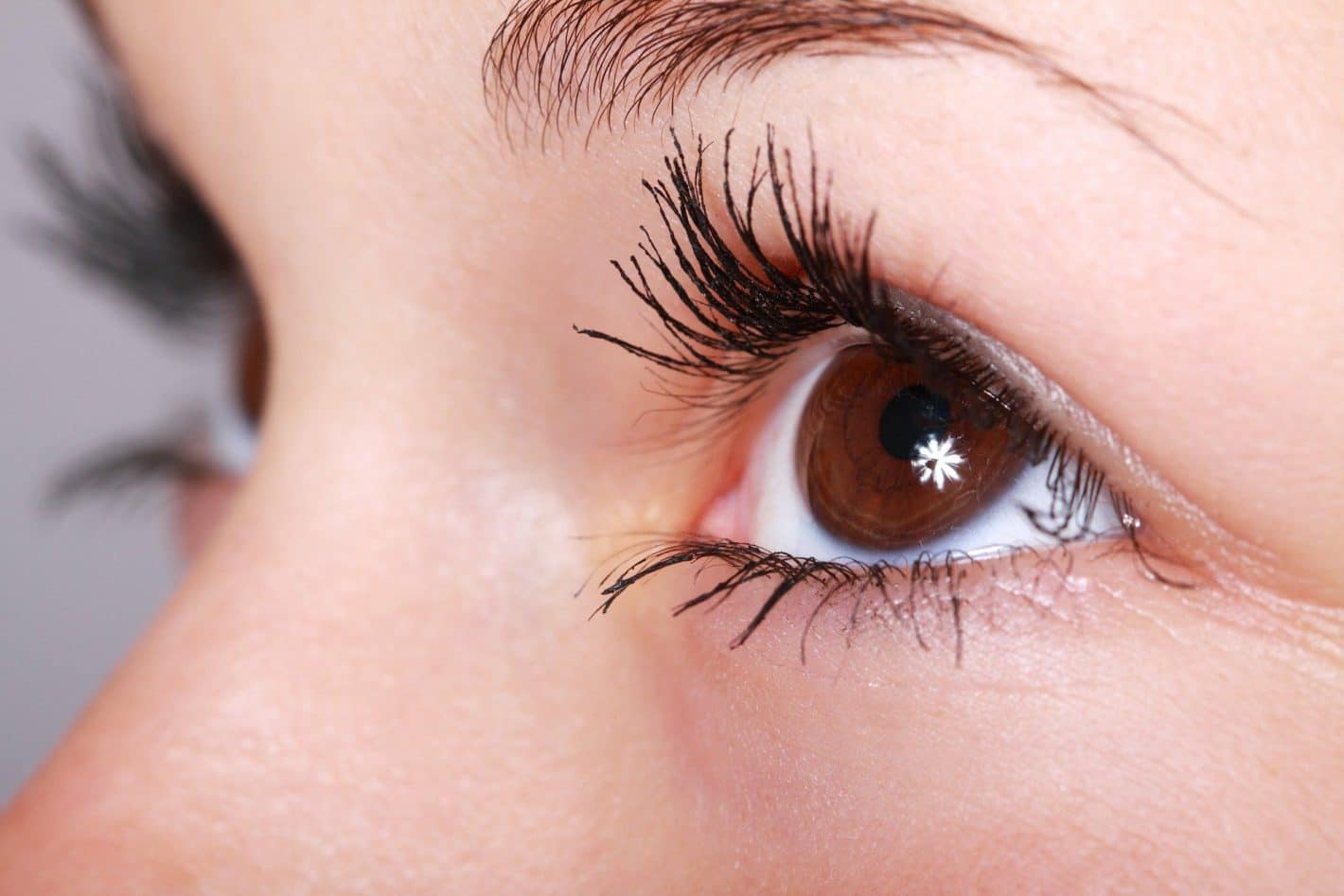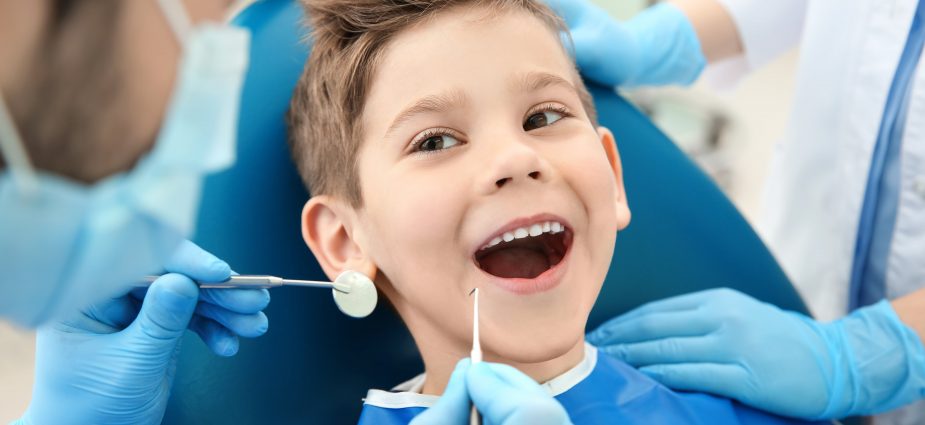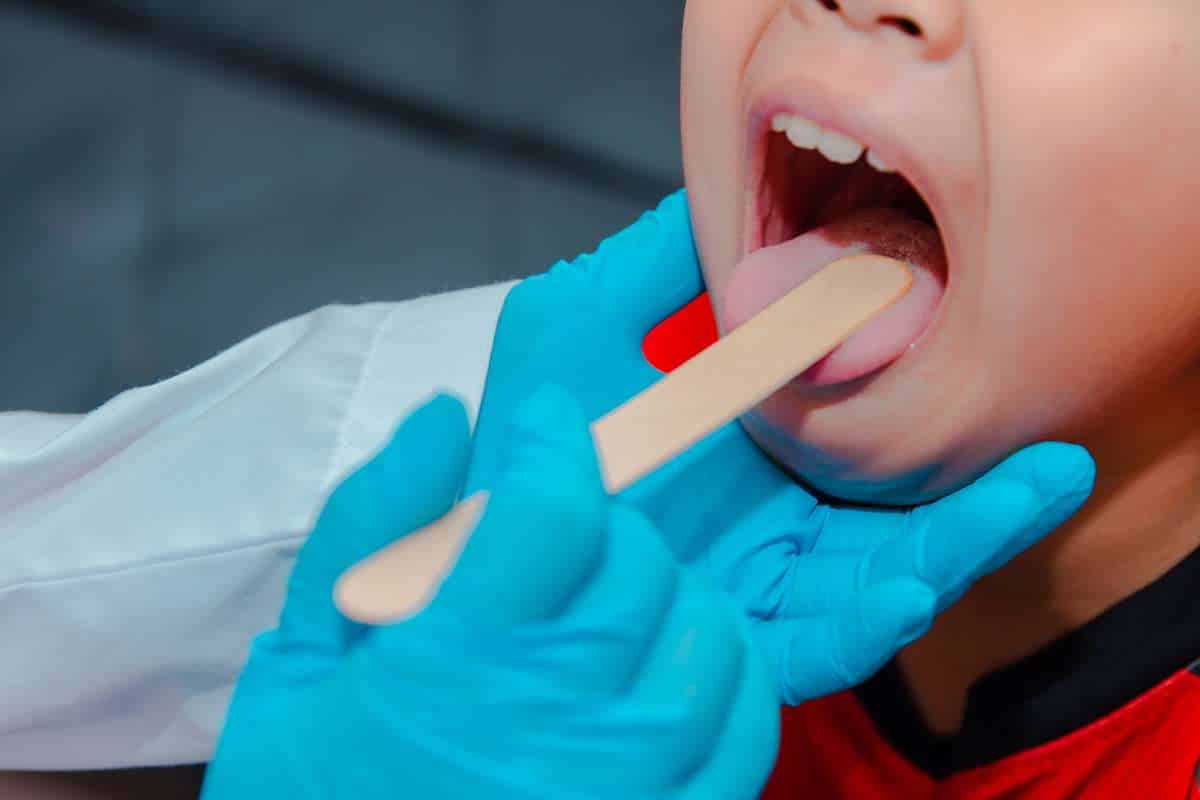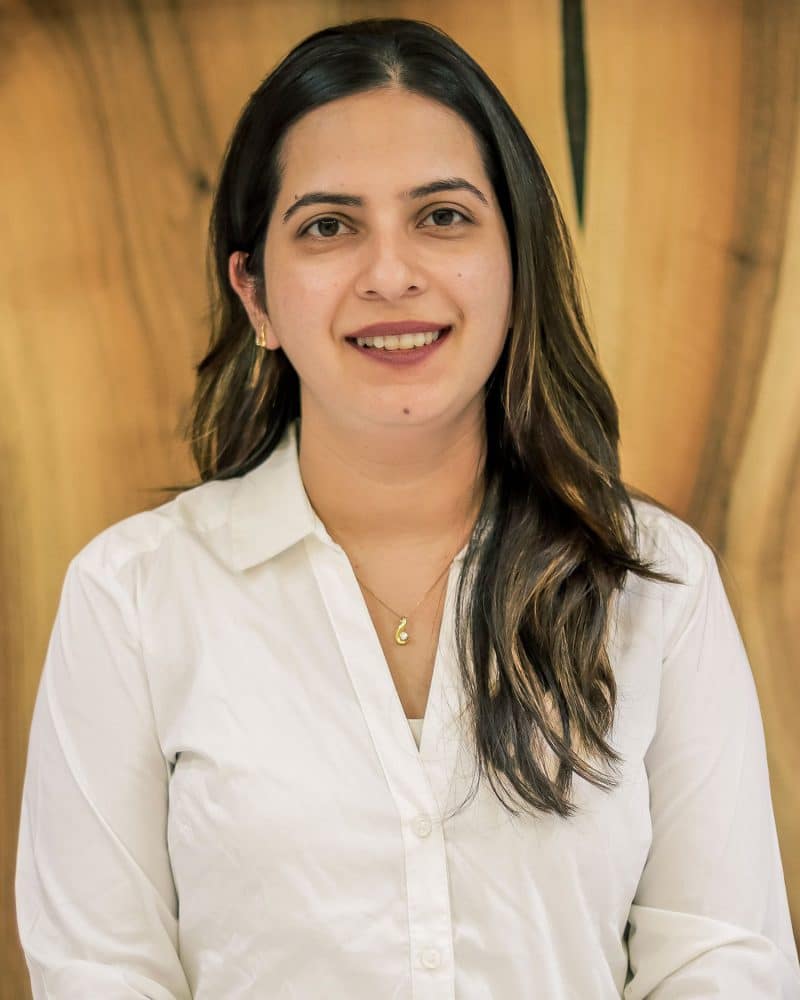As a parent, you naturally want the best for your child’s health and well-being. Every milestone, every giggle, every curious question fills you with a fierce love and to see them thrive. This extends to their oral health, of course! But did you know that a child’s facial muscles and tongue play a crucial role in proper facial growth and development, breathing habits, and even speech development? Here at Pandit Clinic,Pune Dr. Pratibha Kukreja Pandit, our expert in pediatric dentistry, is passionate about helping children achieve optimal oral health, and sometimes, that goes beyond just teeth cleanings and fillings. In this blog, Dr. Pratibha will discuss myofunctional therapy, a specialized approach that can address certain oral habits and improve your child’s overall well-being.
What is Myofunctional Therapy?
- Myofunctional therapy is a form of therapy that focuses on training, retraining and strengthening the muscles of the face, tongue, and lips.
- It aims to improve the function and tone of these muscles, leading to better oral habits like proper breathing, swallowing, and tongue posture.
- This therapy can be particularly beneficial for children who exhibit certain oral habits like mouth breathing, snoring or lip sucking that can negatively impact their oral health and development in the long term.
Common Signs Your Child Might Benefit from Myofunctional Therapy:
- Mouth breathing: Does your child breathe primarily through their mouth instead of their nose? This can lead to dry mouth, increased risk of cavities, and even affect facial development.
- Tongue thrust: When your child swallows, does their tongue push forward against their teeth? This can impact proper tooth alignment and speech development.
- Open mouth posture: Does your child often keep their mouth open, even when relaxed? This can be a sign of weak oral muscles or a habit that can contribute to facial development issues.
- Thumb sucking or pacifier use: While these habits are common in young children, prolonged use can impact tooth alignment and jaw development.
- Speech difficulties: Myofunctional therapy can be helpful in addressing certain speech issues related to tongue and lip placement.
How Does Myofunctional Therapy Work?
Myofunctional therapy involves a series of exercises designed to strengthen and retrain the oral muscles.
Effective Tongue Exercises by Dr. Pratibha Kukreja Pandit:
- Tongue Touches: This exercise helps train the tongue to rest in the proper position at rest. Ask your child to place the tip of their tongue on the hard palate behind their upper front teeth. They can then slowly slide their tongue backward 20 times.
- Tongue Presses: This exercise strengthens the muscles of the tongue. Have your child “suck” their tongue upwards against the roof of their mouth, pressing their entire tongue firmly against the palate. Repeat 20 times.
- Teeth Touches: This exercise helps improve tongue posture and swallowing habits. Instruct your child to press the back of their tongue against the roof of their mouth while keeping the tip of their tongue in contact with their lower front teeth. Repeat 20 times.
- Lateral Tongue Holds: Stick out your child’s tongue and have them move it to one side for a 10-second hold, then repeat on the other side. Perform 5 repetitions on each side.
- Tongue Elevator: With the tongue flat and wide, have your child touch the tip of their tongue to their chin and hold for 10 seconds. Repeat 5 times.
- Tongue Stretch: With the mouth open wide, have your child stick out their tongue as far as possible and hold for 10 seconds. Repeat 5 times.
Improve Your Child's Speech Clarity with Myofunctional Therapy!
- Tongue Curling: Have your child curl the sides of their tongue upwards to touch the top of their mouth. Hold for 10 seconds and repeat 5 times.
- Passive Tongue Hold: Ask your child to simply rest their tongue on the roof of their mouth behind their upper front teeth, with their lips closed. Hold for 10 seconds and repeat 5 times.
Other Effective Exercises by Dr. Pratibha Kukreja Pandit:
- Uvula Raises: This exercise strengthens the soft palate and uvula, which can improve breathing habits. Ask your child to try to “lift” the back of their throat while saying the vowel “A” for a count of 20.
- Balloon Inflation: This exercise is a fun and engaging way to improve breathing patterns. Have your child blow up a balloon by taking 5 slow, deep breaths through their nose and exhaling slowly into the balloon.
- Facial Massage: Use gentle massage techniques on your child’s face to improve circulation and muscle tone in the facial muscles.
- Lip Exercises: Exercises that strengthen the lip muscles can help improve lip seal and reduce the habit of mouth breathing. These exercises can involve holding a straw in place with just their lips or pursed-lip breathing exercises.
- Straw Exercises: Activities like drinking thickened liquids or blowing through a straw can help strengthen the oral muscles involved in swallowing and breathing.
Benefits of Myofunctional Therapy for Children:
- Improved breathing: By retraining the muscles involved in breathing, myofunctional therapy can help your child breathe more effectively through their nose. This leads to better oxygen flow, improved sleep quality, and reduced recurrent risk of infections.
- Proper tooth alignment: Correct tongue posture and swallowing habits are crucial for proper tooth alignment. Myofunctional therapy can help prevent the need for braces in some cases.
- Reduced speech difficulties: Strengthening the muscles involved in speech production can improve articulation and clarity of speech.
- Facial development: Proper oral habits play a role in healthy facial development. Myofunctional therapy can help ensure your child’s facial structure grows optimally.
- Prevents Dental Issues: Proper alignment of teeth reduces the risk of cavities, gum disease, and jaw pain associated with improper oral habits.
You Understand the Importance , But Now You Need Guidance:
As a parent, you know that your child’s oral health is crucial to their overall well-being. Starting myofunctional therapy for your child can feel overwhelming. You might be unsure of where to begin or how to execute the exercises effectively. Under the expert guidance of Dr. Pratibha at Pandit Clinic, you’ll receive the support and direction you need. Dr. Pandit will:
- Conduct a thorough evaluation of your child’s oral habits and development.
- Discuss your child’s specific needs and concerns with you.
- Develop a personalized myofunctional therapy plan for your child.
- Provide you with clear instructions on how to perform the exercises.
- Monitor your child’s progress during follow up visits and adjust the therapy plan as needed.
- Examine and design any active or passive appliances like lip bumper or jaw expansion appliance will be needed during the course of treatment.
Myofunctional exercises can be fun and engaging for children. They often involve activities like:
- Facial massage: Gentle massage techniques can help improve circulation and muscle tone.
- Tongue placement exercises: These exercises help train the tongue to rest in the proper position at rest and during swallowing.
- Lip exercises: Strengthening lip muscles can improve lip seals and reduce the habit of mouth breathing.
- Blowing exercises: Activities like blowing balloons, bubbles or whistles can strengthen the oral muscles involved in breathing.
Here at Pandit Clinic, Dr. Pratibha understands that every child is unique. She will work closely with you and your child to develop a personalized therapy plan. Send us a message, and we will get back to you soon!!
Virtual Video Consultations
100% SAFE AND SECURE CALLS WITH ENCRYPTION. YOUR PRIVACY AND CONFIDENTIALITY IS GUARANTEED.
Start here, by making an appointment for a virtual consultation with our expert Dr. Pratibha Kukreja Pandit (NEW PATIENTS ONLY).
Dr. Pratibha Kukreja Pandit is available for Virtual Video Consultations from Monday – Saturday between the hours of 11 am – 2pm and 4pm – 7pm.
If you are already our valued patient with questions or have an emergency please contact the clinic on +91 9822053446
Consult Dr. Pratibha Kukreja Pandit
(Pediatric Dentist)
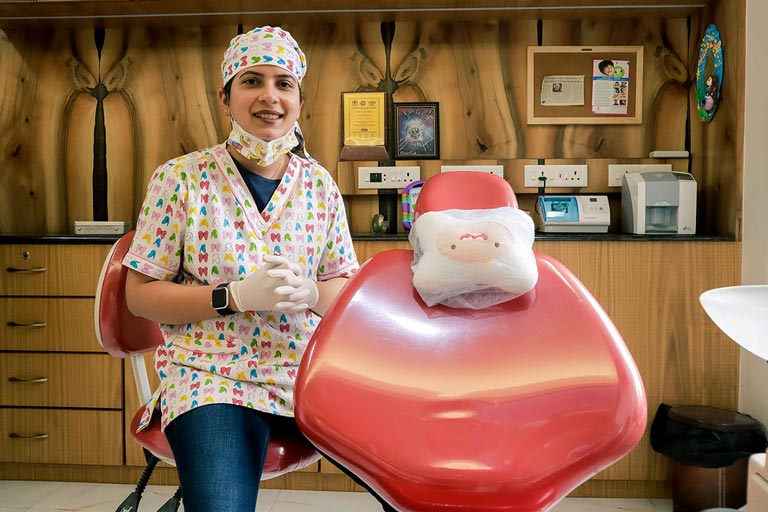
Virtual Video Consultation Fees Rs. 500
The Consultation Fees Must Be Paid Online by GOOGLE PAY BEFORE YOUR APPOINTMENT. See The Instructions On Appointment Confirmations
Your virtual video consultation includes:
- Discussion of problems that your child is facing like tooth pain, swelling or any other emergencies
- Dr. Pratibha will recommend a course of treatment or medications for your child.
Meet the Doctor
Pediatric and Preventive Dentistry Specialist
Dr. Pratibha is the Chief Dentist at Pandit Clinic. She is also a Consultant Pediatric Dentist at Kotbagi Hospital and KEM Hospital, Pune.
Dr. Pratibha has trained at the prestigious Chang Gung Memorial Hospital, Taiwan, in advanced areas including Pediatric dental treatment under General Anesthesia and Intravenous sedation, Dental Rehabilitation of children with special health care needs, and Nasoalveolar molding and dental rehabilitation of cleft lip and cleft palate.
She’s the lifetime member of Student Clinician Association, American Dental Association (SCADA), USA.
Professional Affiliations and Skills
- Trained in Pediatric dental treatment under General Anesthesia and Intravenous sedation at Chang Gung Memorial Hospital, Taiwan
- Trained in Dental Rehabilitation of children with special health care needs at CGMH, Taiwan
- Trained in Nasoalveolar molding and dental rehabilitation of Cleft lip and Cleft Palate at craniofacial centre, CGMH, Taiwan
- Awarded Lifetime membership, SCADA (Student Clinician Association, American Dental Association), USA.
You Might Be Interested In
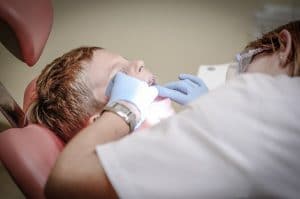
Dental Crowns for Children
In pediatric dentistry, dental crowns are recommended to children to restore teeth that have become significantly decayed or damaged. Most parents know the concept of

Dental Care For Children With Clefts
As parents, ensuring the well-being of our children is our utmost priority. However, when a child is born with a cleft lip or palate, additional



